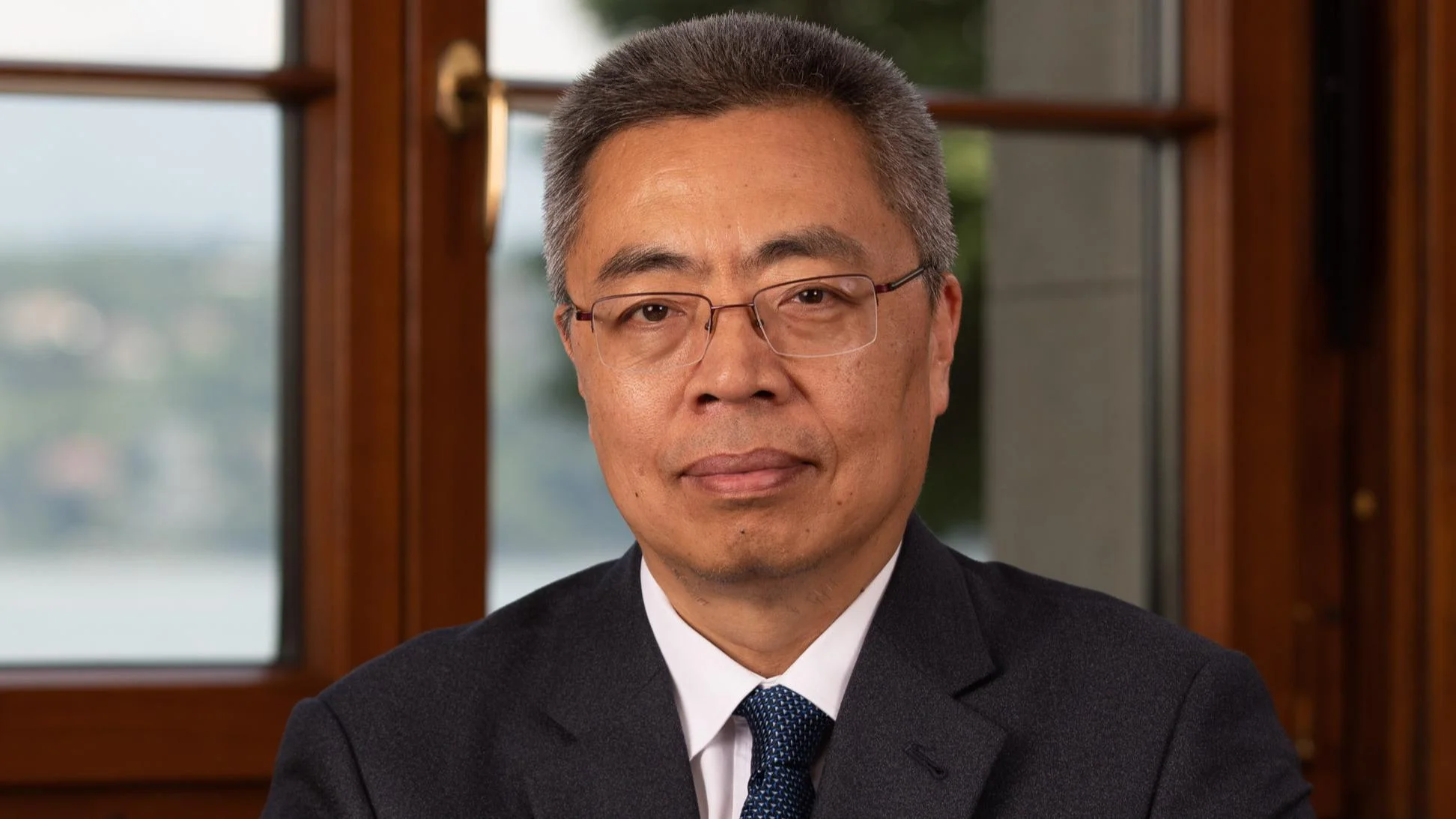The Standards and Trade Development Facility (STDF) has launched its 2025-2030 strategy with a focus on advancing safe trade and fortifying global goals. This strategy is designed to aid developing economies in aligning with international sanitary and phytosanitary (SPS) standards set by organizations such as Codex, the International Plant Protection Convention (IPPC), and the World Organisation for Animal Health (WOAH), as referenced in the World Trade Organization (WTO) SPS Agreement. This initiative is aimed at unlocking economic opportunities by enhancing participation in global trade.
The new strategy was developed in collaboration with the STDF’s global partners and outlines a roadmap to foster SPS capacity, drive impactful results, and promote sustainable solutions. It takes into account various emerging challenges and opportunities shaping SPS capacity and trade facilitation, such as digitalization, climate change, agri-food system transformations, and regional integration. The strategy ensures the STDF remains prepared to respond, while maintaining its core focus on enhancing SPS capacity in developing and least developed countries.
During the launch, Dr. Marie-Luise Rae, Chair of the STDF Working Group, commented on the dynamic nature of global trade and the necessity for innovative solutions. She stated, "Global trade is evolving rapidly and we need innovative solutions that are both relevant and effective. With its strong track record — and the support of WTO members and partners — I am confident that the STDF will continue to adapt, remain agile, and evolve in this increasingly complex environment. The strategy we launch today provides a solid framework to tackle these challenges, ensuring our collective efforts continue to facilitate safer trade, making a real difference for farmers, businesses, and consumers worldwide."
Experts from developing countries, such as Ms. Grace Mandigma of the Bureau of Agriculture and Fisheries Standards in the Philippines and Mr. Rommel Betancourt of Ecuador's Phyto and Zoosanitary Regulation and Control Agency, participated in the event. They emphasized the strategy's potential to extend the benefits of enhanced SPS capacities in their regions.
Additionally, Dr. Dennis Ndolo of the International Centre for Genetic Engineering and Biotechnology (ICGEB) highlighted the role of the STDF in effecting change in developing economies, using an STDF project in the Southern African Development Community (SADC) as an example. He noted the project’s success in promoting best practices for enhanced SPS compliance, facilitated by improved access to information.
The 2025-2030 strategy introduces four key pillars: convene, innovate, learn, and catalyse, with a strong focus on innovation and scaling. It seeks to identify SPS innovations and connect developing economies with new funding sources to expand their SPS capacities. Additionally, the strategy aims to strengthen regional connections promoting sustainable solutions through dialogue and knowledge exchange.
In cooperation with its partners, donors, global and regional members, and experts from the private sector and developing economies, the strategy is set to expand its efforts in enhancing SPS systems. By embracing emerging trends, it aims to reinforce STDF's role in promoting sustainable development goals such as economic growth, poverty reduction, food security, and climate resilience.
The STDF, a global multi-stakeholder partnership, was established by organizations including the Food and Agriculture Organization (FAO), the WOAH, the World Bank Group, the World Health Organization (WHO), and the WTO. The facility supports evolving SPS needs, fosters inclusive trade, and contributes to sustainable economic growth and food security, aligning with the United Nations' Global Goals.

